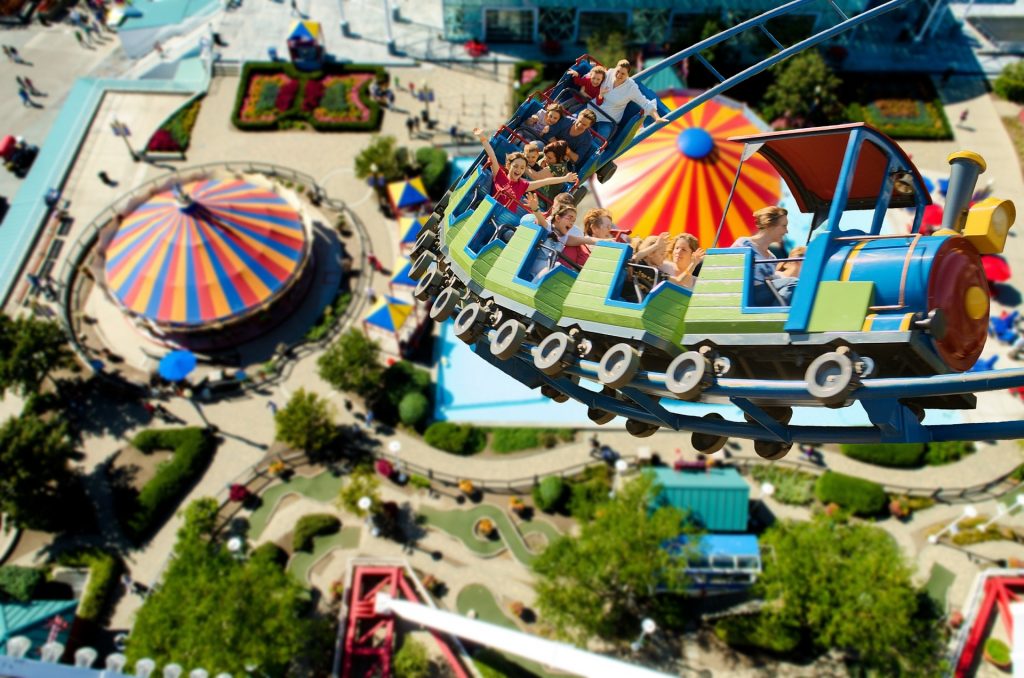
Theme parks bring millions of visitors from all over the world to California each year.
When we go to a theme park, we assume the park’s owners and staff have taken reasonable precautions to keep us safe.
However, the 2017 Legionnaires’ disease outbreak at Disneyland taught us that infectious diseases can spread anywhere, including places where we go to have fun. When someone is infected through the amusement park’s negligence, the owners of the park may be held liable.
How an Infectious Disease Might Spread at a Park
The most common way infectious diseases spread—and how the Legionnaires’ disease spread—is through exposure to contaminated water or mist. If the water is not filtered and treated to keep it free of viruses, bacteria, and parasites, anyone exposed to that water could contract a disease.
Some diseases are transmitted through the air or by physical contact—for example, the measles virus. Disneyland also had a measles outbreak in 2015. In an unvaccinated population, each measles sufferer will infect 11 to 18 others. What can the theme park do to keep guests safe? In this case, Disneyland posted warnings. Was that enough?
Infectious Disease vs. Food Poisoning
Food poisoning occurs because food has a parasite or bacteria on it that causes illness. In some cases, the bacteria might be unavoidable, but most cases can be controlled through proper food handling and cooking. The symptoms of food poisoning are rapid nausea, cramping, vomiting, or diarrhea. Foodborne diseases in California are treated similarly to infectious diseases, especially if they infect many people at once.
A few common ones in California include hepatitis-B, influenza, whooping cough, measles, and tuberculosis. The danger of spreading these diseases increases when more people are packed together. Amusement parks warn us about rides and heart conditions, but ignore serious biological dangers to their patrons.
Can I File a Civil Claim Against a Theme Park?
Yes. Winning a civil claim, even one due to an infectious disease, comes down to the defendant’s negligence and liability. For example, if the owners of a theme park failed to follow federal guidelines for water handling, that would be negligence. Someone who contracts a disease from the water could then hold the theme park liable for damages from that illness.
If you or a loved one has been injured at a theme park, call NordstrandBlack PC today. We have experience in handling amusement park accident cases. Reach out to us at (805) 962-2022 and tell us what happened. We will review your case for free and do everything that can be done to help you.